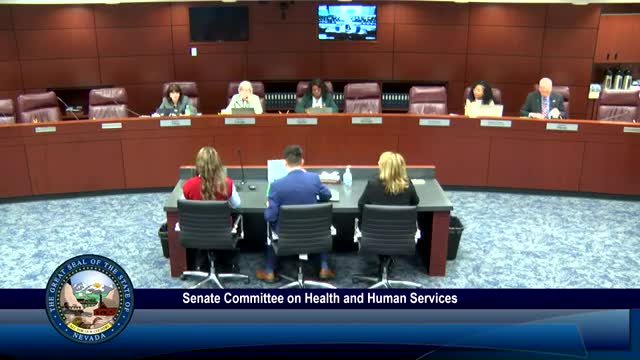Article not found
This article is no longer available. But don't worry—we've gathered other articles that discuss the same topic.
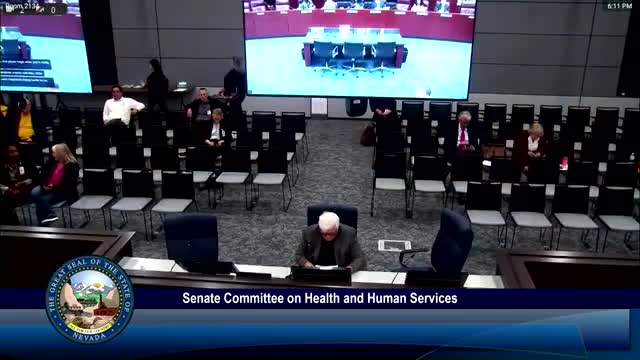
Narrow statutory fix proposed to identify 'inpatient' skilled‑nursing facilities draws technical opposition from providers
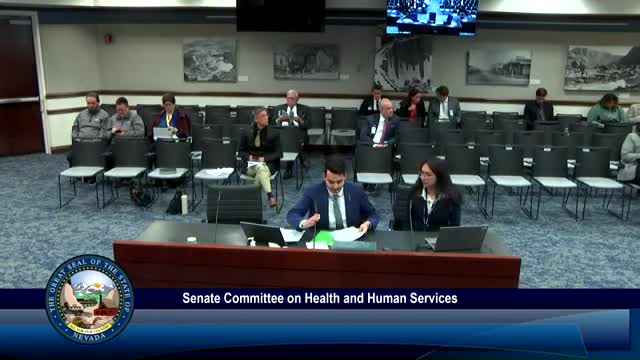
Panel debates freestanding emergency departments, access to records and noncompete rules in broad health‑care bill
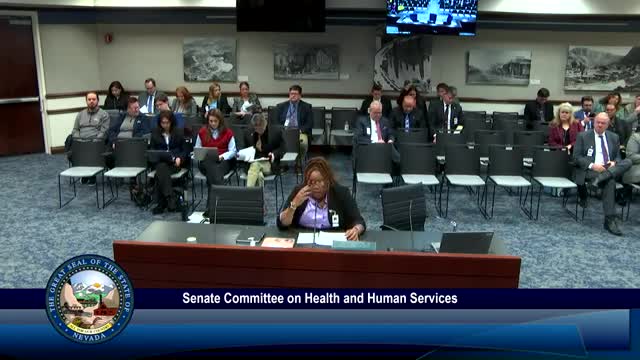
Senate bill to delay license suspension for child‑support arrears draws opposition from district attorneys
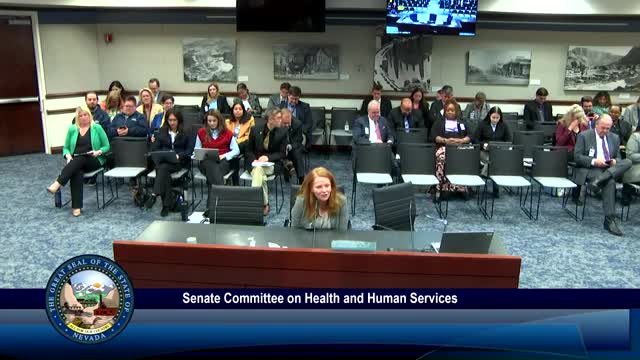
Senate committee advances narrow rewrite of child‑welfare consent timelines after stakeholder talks
